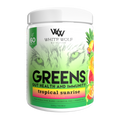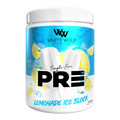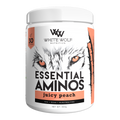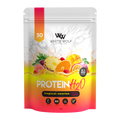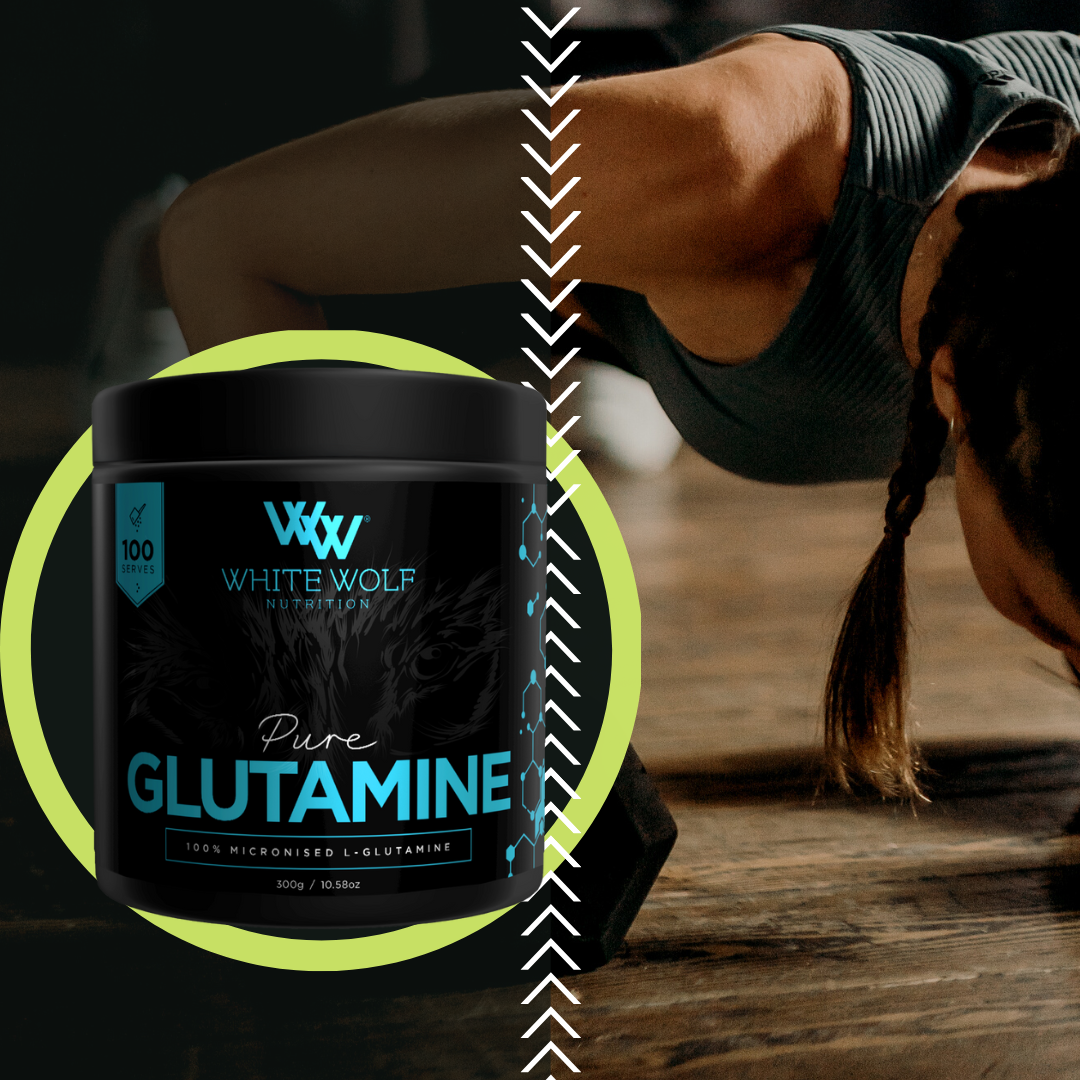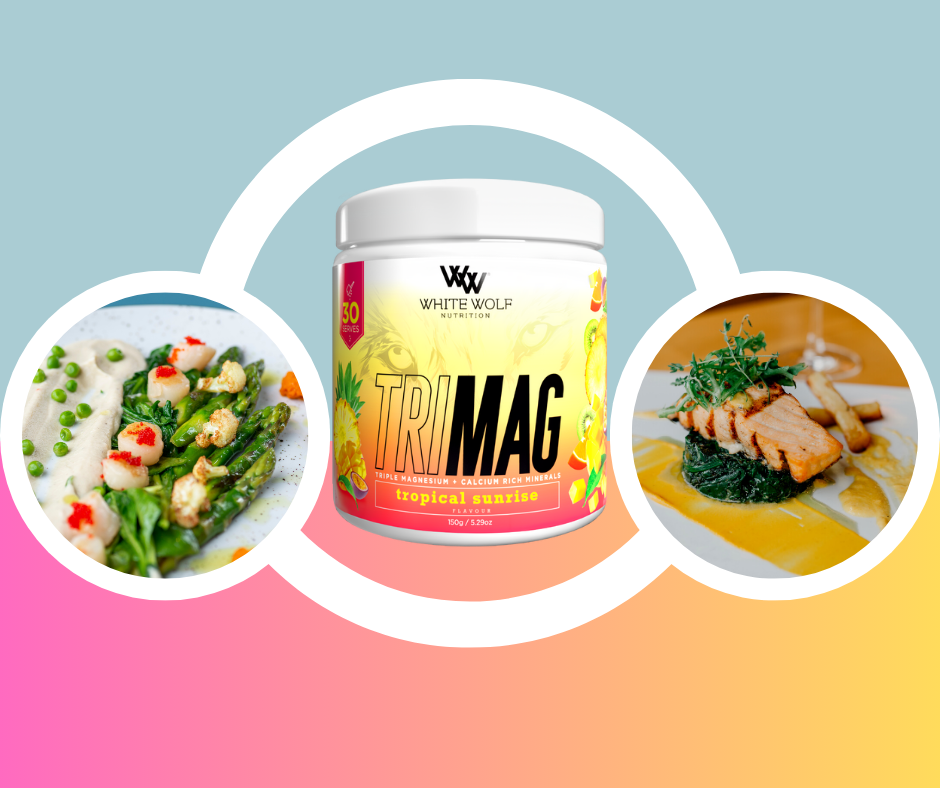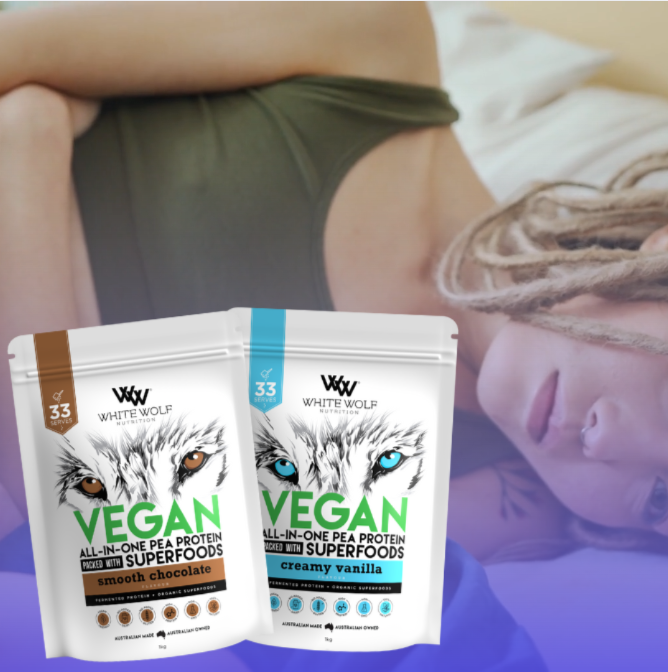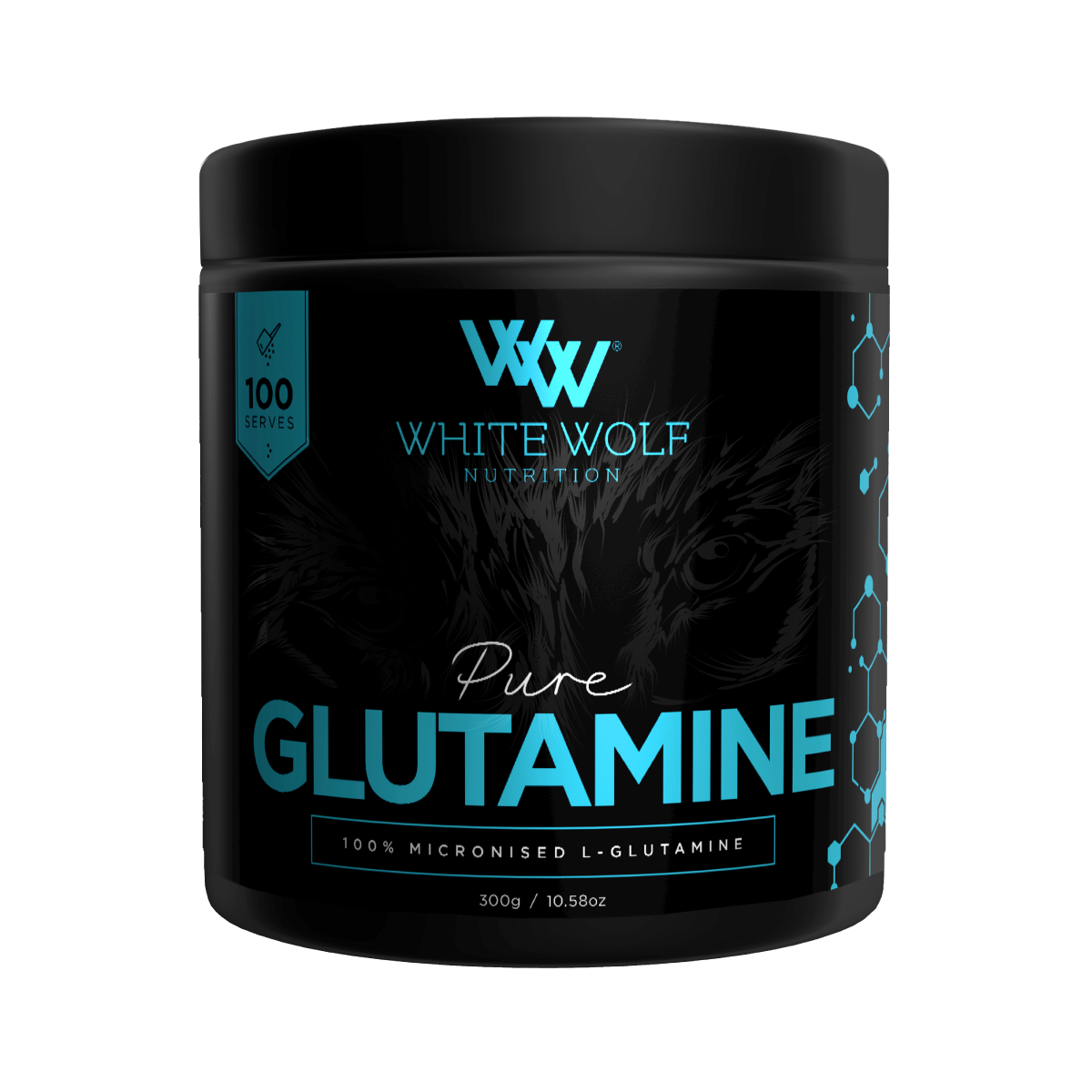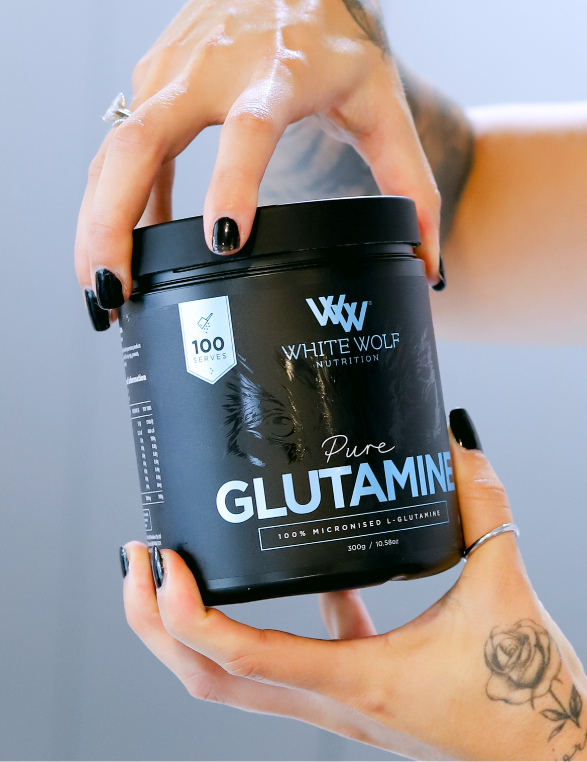Experiencing sore muscles after a workout? You’re not alone. Muscle pain is a normal reaction particularly for a new or intense exercise, is a natural response as your body repairs and strengthens itself. This discomfort is known as Delayed Onset Muscle Soreness (DOMS), caused by tiny tears in the muscle fibers. Whether you’re just starting out or are a seasoned athlete, recovery plays a crucial role in your performance and long-term fitness. Let's explore effective strategies to help you recover faster after workouts and reduce muscle soreness, so you can stay consistent, avoid burnout, and feel your best.
Essential Recovery Tips to Avoid Muscle Soreness
Recovery isn’t just about rest, hydration, nutrition, light activity, and sleep all work together to help your muscles bounce back quicker and stronger. Here are ways to support recovery:
Hydration for Faster Muscle Recovery
Staying hydrated is one of the simplest and most effective ways to support post-workout healing.
- Replenishes fluids lost through sweat
- Transports nutrients and oxygen to our muscle
- Balances electrolytes to prevent cramps and proper muscle function
- Enhances performance and endurance
💡 Tip: Choose hydrating foods like cucumbers, watermelon, coconut water, and oranges or add electrolytes to your water for better hydration.
The Role of Nutrition in Post-Workout Recovery
The food you eat after exercise fuels your recovery process.
Protein for Muscle Repair
Protein helps repair microtears in muscles and builds new muscle tissue.
Good sources of protein:
- Beef, chicken, turkey, pork
- Fish and seafood
- Eggs, chickpeas, beans, tofu
Carbohydrates to Rebuild Energy
Our body stores carbohydrates known as glycogen, carbs replenish glycogen stores, the muscles main energy source.
Healthy carbs include:
- Potatoes, bananas, oats
- Yogurt, nuts, whole grains, quinoa
Active Recovery and Cool Downs
Light Exercise Boosts Circulation
Mild activity increases blood flow to sore muscles and supports healing.
Examples:
- Hiking, yoga, swimming, cycling
Cool Down to Prevent Injury
Helps your body transition back to a resting state, reduces tightness, and promotes flexibility.
Examples:
- Child’s pose, standing lunge, sumo squat stretch, shoulder stretch
Sleep for Recovery
Sleep is our body’s most powerful recovery tool, it allows our muscles adequate time to rest and repair
- Repairs muscle tissue
- Regulates growth hormones
- Reduces inflammation
- Promotes overall recovery
💡 Aim for 7–9 hours of quality of sleep.
Consider Supplements to Support Muscle Recovery
Adding supplements to your recovery routine can further enhance results, especially if your diet falls short.
🟢 White Wolf Nutrition Glutamine supports:
- Faster muscle tissue repair
- Reduced soreness
- Immune support post-exercise
👉 Before trying a new supplement always consult your healthcare professional.
Muscle soreness after workouts is completely normal, especially when you challenge your body in new ways. By following smart habits like staying hydrated, fueling recovery-boosting foods, getting enough sleep, and cooling down properly, you can speed up the healing process and prevent prolonged discomfort.
By consistently following these routines, you’ll bounce back quicker, boost your performance and feel stronger after every workout.


